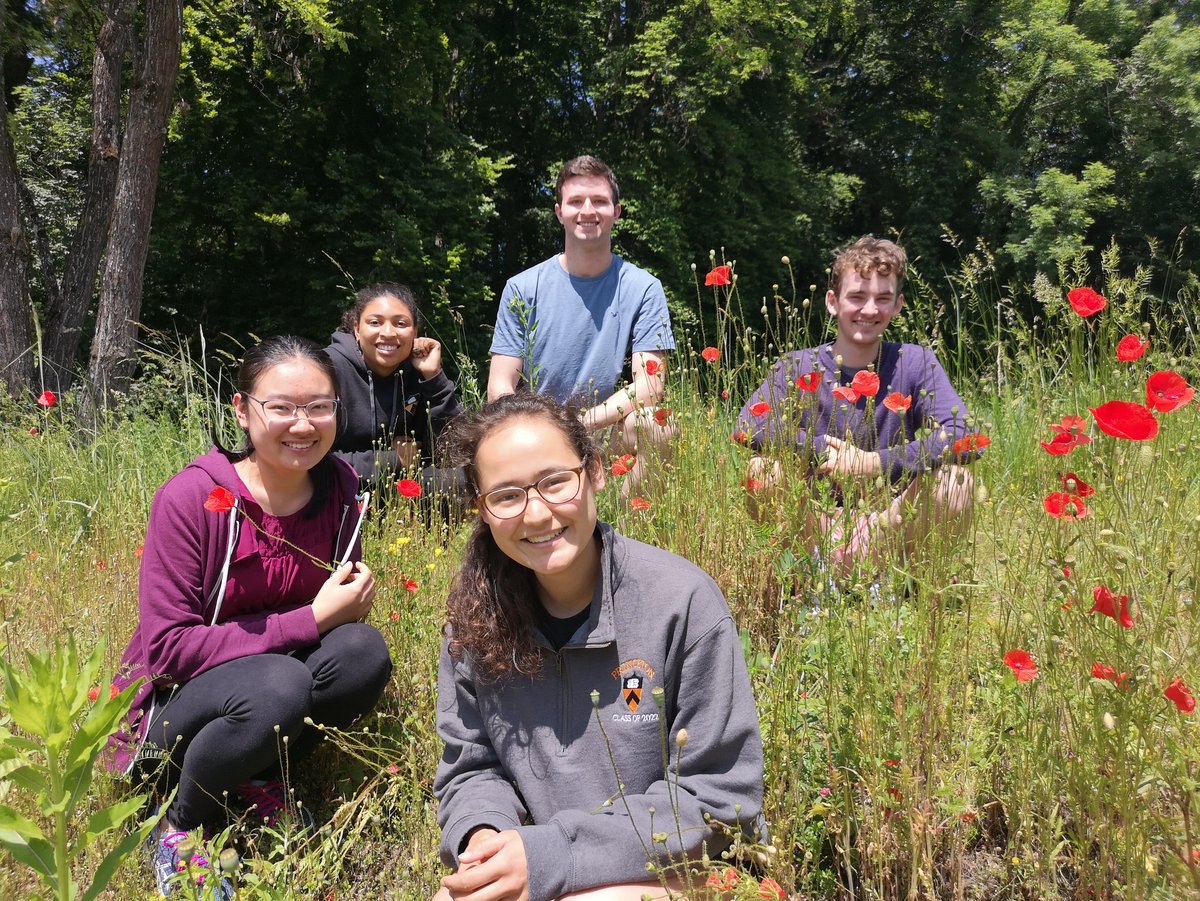Projects by three researchers in the Centre for Advanced Study of Collective Behaviour, Dina Dechmann, Alex Jordan and Ariana Strandburg-Peshkin, have been selected for prestigious Human Frontiers Science Program Grants - representing almost 10% of the 34 total projects selected in the global competition.
